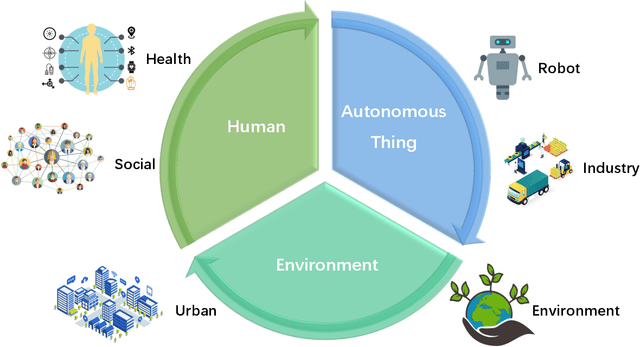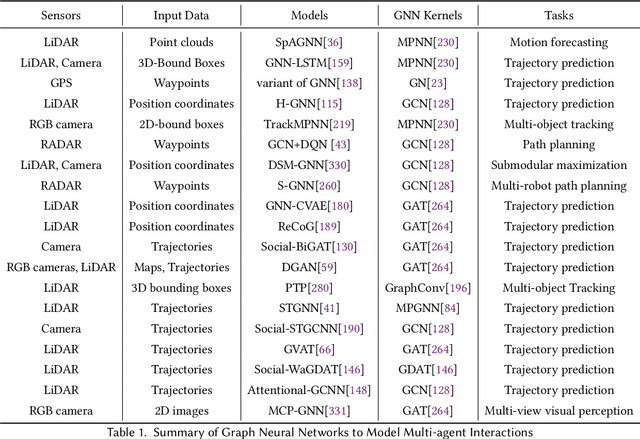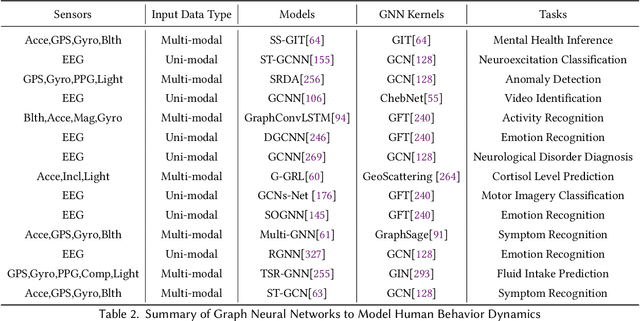Guimin Dong
Quantifying Fairness in LLMs Beyond Tokens: A Semantic and Statistical Perspective
Jun 23, 2025Abstract:Large Language Models (LLMs) often generate responses with inherent biases, undermining their reliability in real-world applications. Existing evaluation methods often overlook biases in long-form responses and the intrinsic variability of LLM outputs. To address these challenges, we propose FiSCo(Fine-grained Semantic Computation), a novel statistical framework to evaluate group-level fairness in LLMs by detecting subtle semantic differences in long-form responses across demographic groups. Unlike prior work focusing on sentiment or token-level comparisons, FiSCo goes beyond surface-level analysis by operating at the claim level, leveraging entailment checks to assess the consistency of meaning across responses. We decompose model outputs into semantically distinct claims and apply statistical hypothesis testing to compare inter- and intra-group similarities, enabling robust detection of subtle biases. We formalize a new group counterfactual fairness definition and validate FiSCo on both synthetic and human-annotated datasets spanning gender, race, and age. Experiments show that FiSco more reliably identifies nuanced biases while reducing the impact of stochastic LLM variability, outperforming various evaluation metrics.
Incremental Semi-supervised Federated Learning for Health Inference via Mobile Sensing
Dec 19, 2023Abstract:Mobile sensing appears as a promising solution for health inference problem (e.g., influenza-like symptom recognition) by leveraging diverse smart sensors to capture fine-grained information about human behaviors and ambient contexts. Centralized training of machine learning models can place mobile users' sensitive information under privacy risks due to data breach and misexploitation. Federated Learning (FL) enables mobile devices to collaboratively learn global models without the exposure of local private data. However, there are challenges of on-device FL deployment using mobile sensing: 1) long-term and continuously collected mobile sensing data may exhibit domain shifts as sensing objects (e.g. humans) have varying behaviors as a result of internal and/or external stimulus; 2) model retraining using all available data may increase computation and memory burden; and 3) the sparsity of annotated crowd-sourced data causes supervised FL to lack robustness. In this work, we propose FedMobile, an incremental semi-supervised federated learning algorithm, to train models semi-supervisedly and incrementally in a decentralized online fashion. We evaluate FedMobile using a real-world mobile sensing dataset for influenza-like symptom recognition. Our empirical results show that FedMobile-trained models achieve the best results in comparison to the selected baseline methods.
Graph Neural Networks in IoT: A Survey
Mar 31, 2022



Abstract:The Internet of Things (IoT) boom has revolutionized almost every corner of people's daily lives: healthcare, home, transportation, manufacturing, supply chain, and so on. With the recent development of sensor and communication technologies, IoT devices including smart wearables, cameras, smartwatches, and autonomous vehicles can accurately measure and perceive their surrounding environment. Continuous sensing generates massive amounts of data and presents challenges for machine learning. Deep learning models (e.g., convolution neural networks and recurrent neural networks) have been extensively employed in solving IoT tasks by learning patterns from multi-modal sensory data. Graph Neural Networks (GNNs), an emerging and fast-growing family of neural network models, can capture complex interactions within sensor topology and have been demonstrated to achieve state-of-the-art results in numerous IoT learning tasks. In this survey, we present a comprehensive review of recent advances in the application of GNNs to the IoT field, including a deep dive analysis of GNN design in various IoT sensing environments, an overarching list of public data and source code from the collected publications, and future research directions. To keep track of newly published works, we collect representative papers and their open-source implementations and create a Github repository at https://github.com/GuiminDong/GNN4IoT.
 Add to Chrome
Add to Chrome Add to Firefox
Add to Firefox Add to Edge
Add to Edge